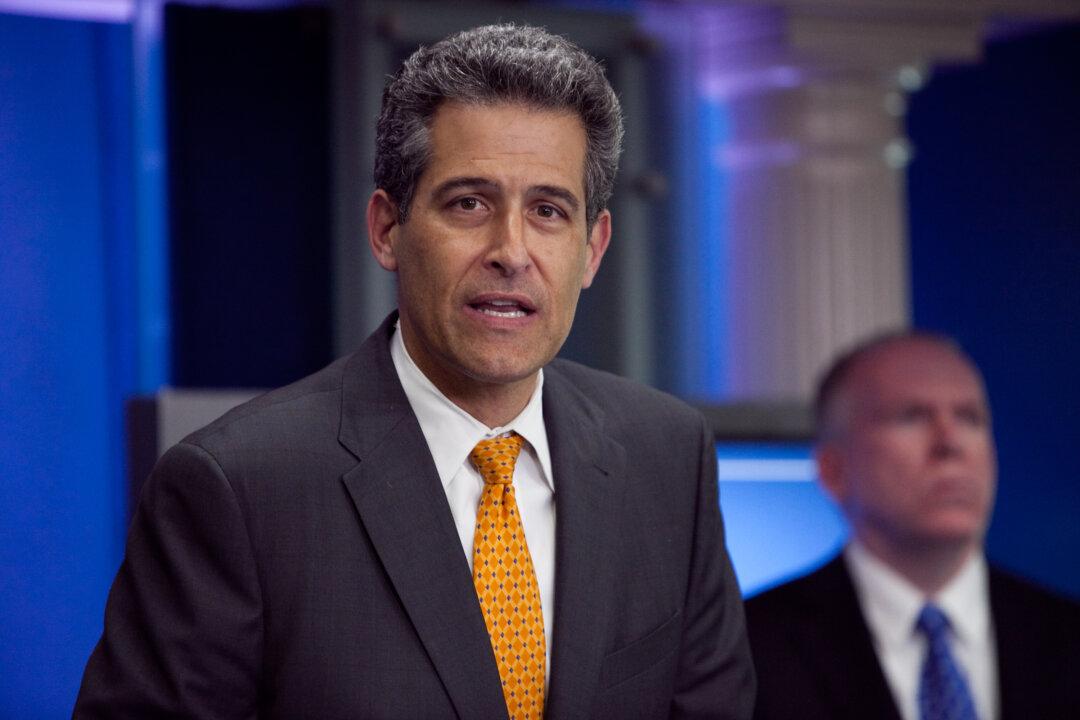A former head of the Centers for Disease Control and Prevention (CDC) said on Aug. 15 that schools might close over a recent spike in COVID-19 cases, but that he doesn’t believe lockdowns will be reimposed.
“I don’t think so,” Richard Besser, an acting director of the CDC during the Obama administration, said on ABC’s “This Week,” when asked whether society would again “grind to a halt” due to harsh mandates.





